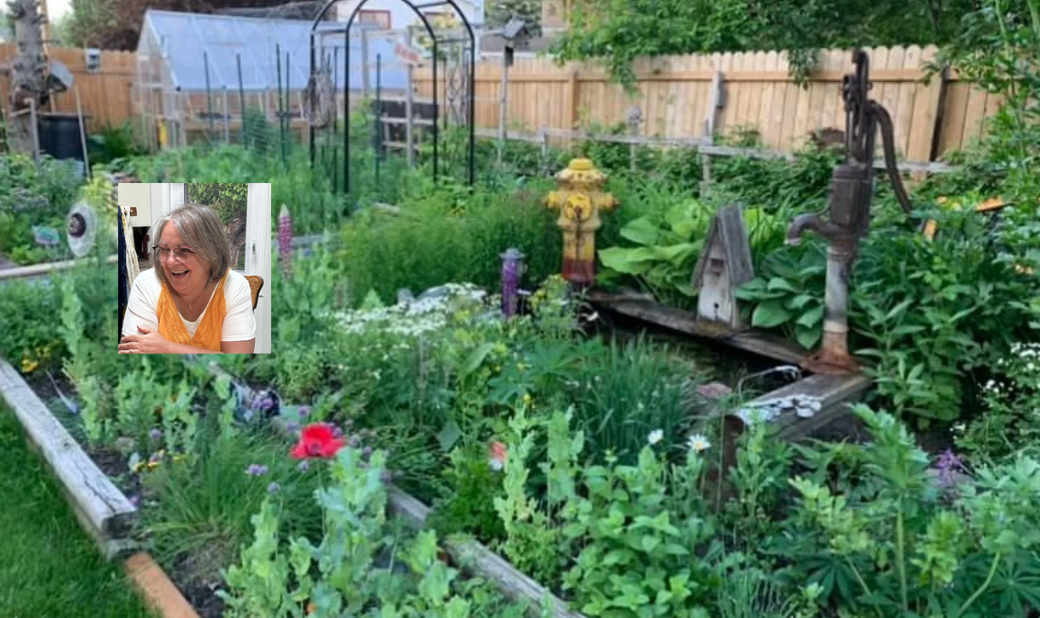WHAT IF?
Playing the game of “What if?” can start to seem pretty real when you see it up close and personal, especially if it’s going on in your own house. Here’s our current scenario – Influenza Outbreak: a widespread influenza outbreak during the winter leads to a health crises. What do you do to protect your household, care for anyone in your house who is sick (while protecting the others), and reduce health care strain. What if you have a vulnerable person in your house?

So – let’s talk about this. It’s pretty close to home – what with Covid still fresh in all our minds. It’s especially fresh in my friend Karen’s mind – she was diagnosed recently with Whooping Cough, also known as pertussis (also known as the 100 day cough) which is highly contagious and apparently going around in Alberta just now. Who knew? Symptoms don’t show up for 5-10 days after exposure, and start out looking like a common cold, so you could easily be spreading the disease without even knowing you have it. Which is probably exactly how she caught it. It can cause serious and even deadly complications in young children and vulnerable people, so its best if you stay away from others if you’ve got symptoms, but who really even knows what the symptoms are? I’ve actually never even known anyone who had it.
I have a good friend with a child who’s received a transplant. I have a cousin who has received a transplant. These people who I love, take medication every day of their lives to suppress their natural immune system, so that their bodies won’t fight off and destroy the new organ that is keeping them alive. From the outside, they do not look any different than you and me, but to come into contact with illnesses that for you or me may be innocuous or uncomfortable at worst can be very serious for some – and may actually kill them.
Their situations make me much more aware of being healthy around them. And make me want to be more responsible in public.


Reviewing the Rule of Three: AIR, SHELTER, WATER AND FOOD – the big one for me in this scenario is definitely AIR since it is very hard to catch one’s breath – so I’m told. If you have asthma or other lung issues, it can be downright scary, and the LAST thing you want to do is pass it on to someone with young children.
Staying home is the responsible thing to do when you’re sick but how many do? Hopefully Covid made us a little more responsible about that. Wearing a mask in public if you have to go out is not as weird as it used to be – that goodness, so I’d hope if you knew you were sick, you’d wear one out of respect for everyone else you might come into contact with. Since the beginning symptoms of Pertussis are identical to those of a common cold, courtesy implies that if you think you’re coming down with a cold, you’d cover your mouth, cough into your elbow, wash your hands frequently, use hand sanitizer and follow all the other usual protocols we learned.
It goes without saying that those preventative measures would be implemented for one’s own protection, but also to prevent you spreading the disease if you were sick.
And the last area of focus is FOOD. I know several people who live in apartments and rely on public transit to get around, including going to a grocery store. For some, if you’re not feeling well, going out to buy groceries suddenly becomes a much bigger job than it used to be. But . . . . what if you had a good supply of food on hand? What if you had at least an extra week or two worth in your pantry? What kind of peace of mind would that give you with one less thing to worry about? Especially if you’re not able to work, and are not getting paid.
And what if you’re well enough but several people you know are down with the flu? and it seems like such a bad one? You still have to go to work, and still have to get groceries. How you do protect yourself?
These kinds of scenarios are not obscure. They are very real, highly likely and happen ALL the time. Just because it isn’t happening to you right now, doesn’t mean you might not suddenly find yourself in that situation as easily as anyone else might? Why not you?
The question is then: What would you do? What have you already done to prepare for such a scenario?
Do you have a couple of weeks or more of shelf stable food on hand to at least take that worry away?
Do you have a little money set aside to buy prescription medication if necessary? to cover some bills if you have to miss work for several days and don’t have coverage?
Do you have some common over the counter medications on hand? Advill? Tylenol? etc.
Do you have a friend or relative in mind who you could call on to help you if needed?
Have you made yourself available to others who might need help in a similar situation?
Do you have emergency numbers handy if you need them?
Is your phone usually charged?
What are some other things that you can prepare for JUST IN CASE?
I’d like to hear your thoughts or experiences on this subject. Feel free to comment below.
Warmly,
Cindy Suelzle







